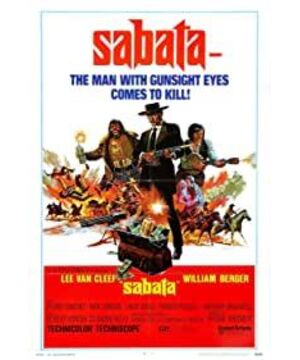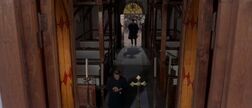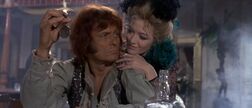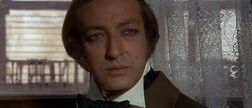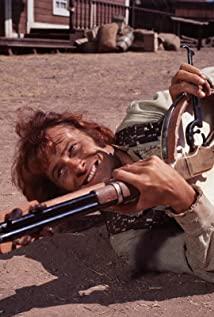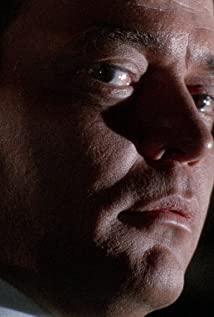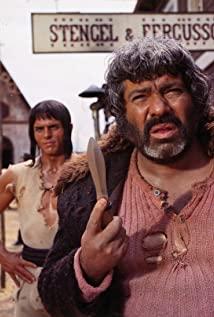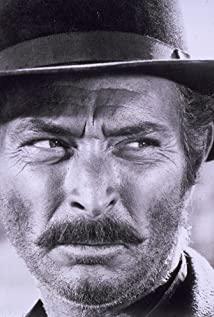The gun king SABATA was deeply influenced by Dusk, and even Lee Van Cleef's image in the play was exactly the same as Dusk. It's just that Lee Van Cleef is no longer the sharpshooter who hates evil and takes revenge for his sister. Because of this, Lee Van Cleef in the SABATA scene is less hostile and more wise. Of course the marksmanship is better.
The storyline of SABATA, like most westerns, is simple and straightforward, nothing more than that the sharpshooter captures the robber who robbed the bank safe for the town, and the people in power don't want to pay the fee (not to mention that they themselves are robbers, collecting wealth, looting land), so they go around buying killers to get rid of Sabata's heartache. It is said that Lee Van Cleef is more wise in the play, because he has already seen everything, and every time of crisis can always be saved, and the natural ending is also the Italian-style GOOD END in the past.
It's a pity that although the plot is simple, it lacks stylistic foreshadowing (this is what Sergio Leone is best at), which is relatively weak and weak, and even some character arrangements and plot promotion are too deliberate and rough (this estimate is that Sergio Leone's success brought negative impact). Like many "macaroni" westerns, the film carefully arranged several distinctive green leaves to support the protagonist Lee Van Cleef: a fat drunkard who likes to use a throwing knife, a nimble Indian youth, a wandering singer who plays the table piano (He is also a sharpshooter. Of course, the weapon is Kotori's modified rifle. This will not be the prototype of the killer trilogy Benedict? =0=) Of course, there is also a stunning large vase-style female character. These are the elements that make up a spaghetti western.
And the element of spaghetti westerns that audiences care about most: gunfights. Still got a good play in the film, and several places are designed to be outstanding. The tense atmosphere of the shootout was properly rendered, and those exciting and suspenseful duels still maintained the color of Italian romanticism. Audiences who like Westerns can still keep watching. As for the good scenes, I won't reveal them any more. Only you will know when you watch them.
Finally, I would like to thank the lighthouse for the film source and subtitles. Although you can still understand the plot even if you don’t read the subtitles, I still thank the team leader for their efforts and efforts. Of course, it would be better if the original Italian dubbing could be provided. The English dubbing sounds like Somewhat not used to. And the episode of the film is still to be praised. It is by no means a simple copy of Yannio Morricone in the past. The Scottish-style ballad is also very beautiful and worth savoring carefully.
View more about Sabata reviews


